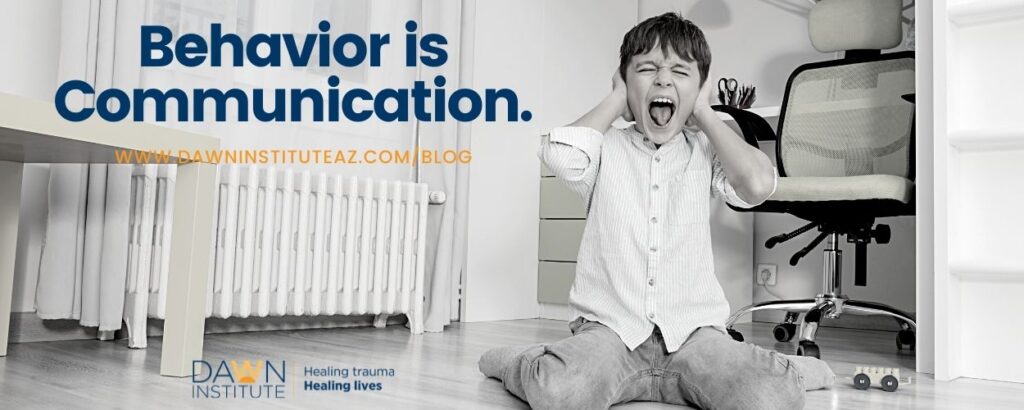As I prepare for our upcoming training “The Handbook You Wish Your Child Came With,” I can’t help but feel the excitement to share with you the lessons I have learned about children over the past nine years as a therapist. It seems to be an innumerable number of times I have heard parents say: I really, really wish my kiddo came with a handbook!
Learning and Training
Trust me, I have that same feeling too, like when we decided to get a puppy. I learned a ton in the three weeks that we had him. For me, it was drinking through the fire hose. I was learning and training and learning and training. As most of you may know, puppies need to be socialized within the first eight weeks following birth. Ok, I thought, we need to make sure this little pup is around kids and other dogs… no big deal. Yeah, that’s not what socialization means!
To socialize a puppy means that they are introduced to a huge variety of stimulation from textures to sites to sounds. This allows them to build a tolerance for stimulation. Well, my trainer and I came to believe that my little pup didn’t get enough stimulation in his early weeks and so he got overwhelmed very easily. The way he communicated he was over-stimulated: he attacked people’s ankles or became frantic. I needed a handbook for him.
How Kids Communicate
As I was learning this, I couldn’t help but relate some of this information back to how children are raised. We provide our kids with certain experience in their early years, and they learn how to tolerate stimulation, learn about themselves, and learn about relationships. When things aren’t going right, they communicate to us that something is working for them. For children, they mostly communicate through play and behavioral responses. What we sometimes call “negative” or “problem” behavior is often just a way they are communicating to us.
Knowing this doesn’t make these challenges easier, though.
My sister once put it best, “Having kids is like wearing our hearts on the outside of our bodies.” When we see our children struggling, our hearts hurt for them. We can also carry the burden of feeling like we are failing in some ways. Or worse, we begin to catastrophize our kids’ futures, having thoughts that someday they will end up in jail, or hooked on drugs, or homeless, or… I’m sure you can relate. We all can.
And, honestly, sometimes the negative behaviors they have are… well, frustrating or annoying.
You’re Not Alone
Whatever the reason, I really enjoy taking the experience I have learned professionally (and personally) and teaching others. As you go through struggles with your own child’s behaviors, you are not alone in this. Trust me, you are not alone in this. I have had the honor of working with hundreds of families and, well… along the way I’ve learned a few things:
- Almost all parents really desire to see their children thrive and, at the same time, feel lost in parenting at some point.
- All kids have struggles in life. These struggles are not necessarily a reflection of parenting.
- All parents have room for growth.
- All kids have the ability for change and growth.
Whatever the behavior may be, whether it is tantrums, lying, hitting or if it is the teen years and you see eye rolling, lack of motivation in school, or chronically not listening- there is a reason.
Here to Help
I teach parents all. the. time. Behavior is communication. In our upcoming training, I will be addressing the needs that drive the behaviors and we will do some trouble shooting so that parents can have the strategies to change behaviors. While there actually is not handbook, my hope is to give parents some ways to feel more equipped. Equipped parents are present parents so they are able to show up for their kiddos… which, on a side note, helps to curb behaviors sometimes.
We are offering two different times for the training to help meet the different scheduling needs of parents. I hope to see you there!
Dates offered below. Registration is required.
Tuesday, January 25th from 5:30pm-6:30pm
Wednesday, January 26th from 12pm-1pm

